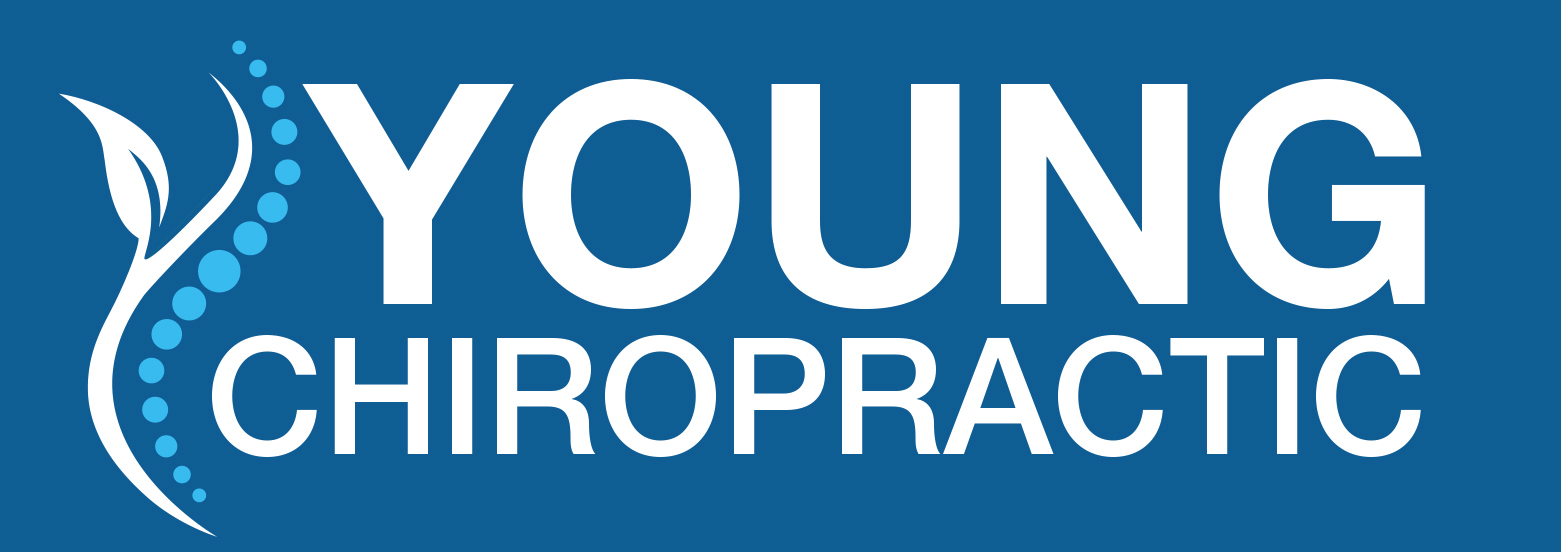So just how often does Young Chiropractic care for Easley patients with chronic back pain? Every day. It’s a huge health problem. And how often does Young Chiropractic see non-steroidal anti-inflammatory drugs (NSAIDs) listed in our Easley chiropractic patients’ medication lists? Every day. NSAIDs are commonly prescribed for low back pain, especially for acute back pain and for short term use with chronic low back pain. (1) So Young Chiropractic keeps up on NSAIDs – their effects on back pain conditions and the people suffering with the pain – as well as alternatives or supplements that may be beneficial.

First, have you ever wondered about how NSAIDs might affect you? One paper points out that 80% of gastric ulcer cases are due to use of NSAIDs. (2) Another questions how significant upper gastrointestinal complications and cardiovascular (CV) adverse effects or complications appear with NSAID use. (3) To be fair, not all NSAIDs are the same. Some are riskier for GI trouble and others are for cardiovascular issues while providing effective in treatment of conditions like osteoarthritis. (3) The key is to know which type of NSAID is suitable and when to use it.
Now, in a review of 13 studies, researchers purport that NSAIDs are more effective than placebo for pain and only slightly more effective than placebo for disability. Those effects were small. (1) Another group of physicians set out to define when and which NSAID to prescribe for patients. Ibuprofen and naproxen are put forth as being preferable to diclofenac which has a higher CV risk. Low dose celecoxib has a lower CV risk of all the coxib drugs which overall have a lower GI risk profile. Sometimes, researchers say, these don’t work, so they’ll prescribe weak opioids like tramadol (ultram) for a short-term. Appropriate patients for this are severely symptomatic osteoarthritic patients. (3) Young Chiropractic sees back pain and neck pain patients as well as patients with osteoarthritis who are on a variety of drugs. Young Chiropractic is here as your healthcare partner, sharing new information.
And new information on a nice little derivative of the Curcuma long plant, curcumin, may be a beneficial adjunct to your current treatment plan. Curcumin is the active component of the turmeric extract from that plant. It is anti-inflammatory and anti-cancer and anti-microbial and is negligibly toxic. (4) Curcumin’s anti-inflammatory and antioxidant activities are suggested to reduce the risk of inflammatory disorders. Researchers state that curcumin prevents gastrointestinal-induced ulcer - and may even treat it! (2) Further, new research is focused on curcumin’s molecular effects on bone remodeling which leads researchers to suggest curcumin may affect the skeletal system. (4) Now that’s a system your Easley chiropractor knows well and certainly sets out to help daily!
So contact Young Chiropractic. Let’s discuss your current pain situation. Maybe adding some curcumin would be of benefit. Young Chiropractic always appreciates the opportunity to enhance the Easley chiropractic clinical outcome goal of pain relief!
